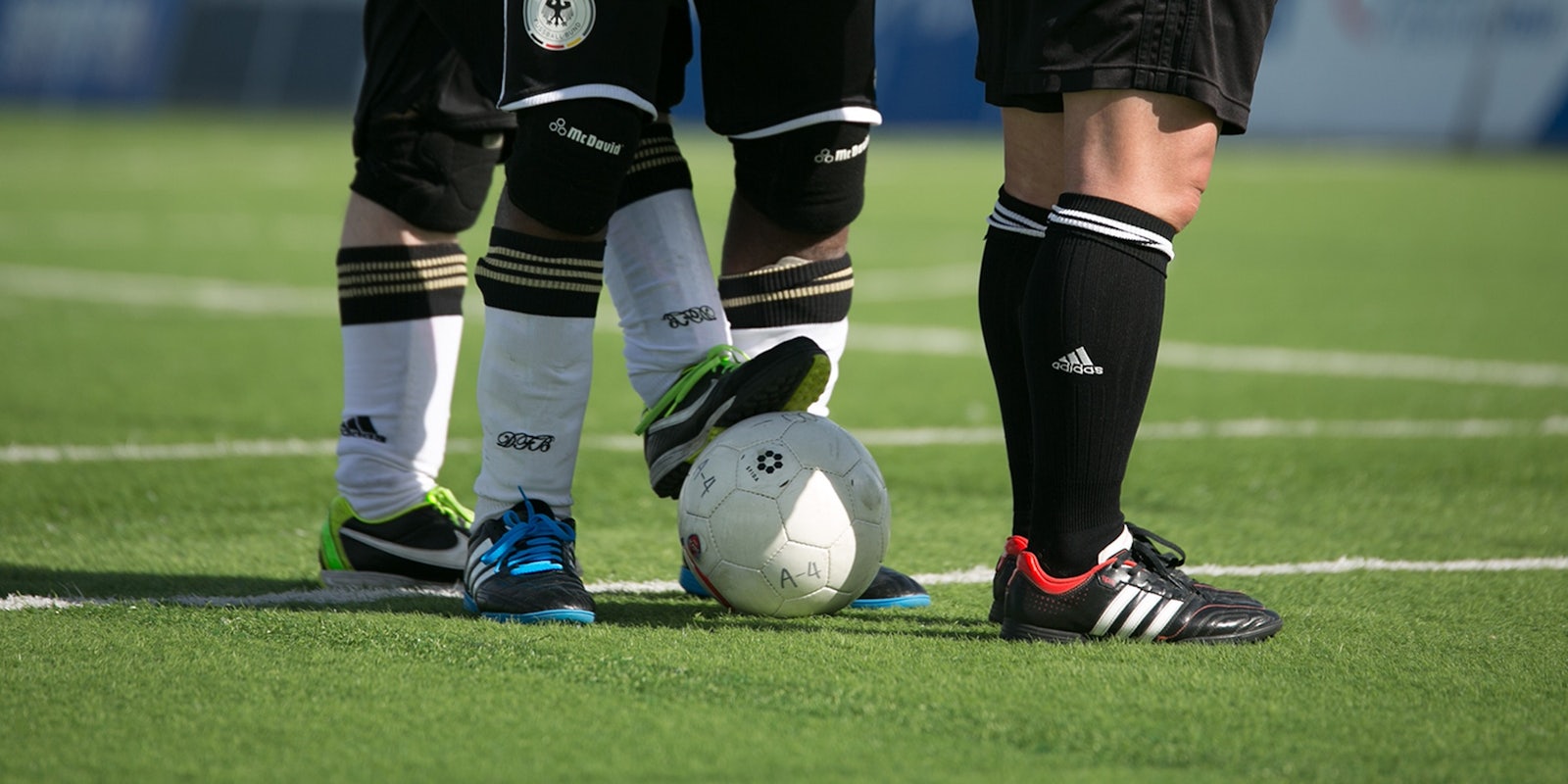“I hope your boyfriend beats you.”
“I hope you get raped again.”
These tweets were sent to sports journalists Sarah Spain and Julie DiCaro simply for doing their job. Now these and many other disgusting tweets were being read aloud, and to their faces by unsuspecting male volunteers in a video that went viral last week with the hashtag #MoreThanMean.
The men who were charged with reading the tweets paused, hesitated, apologized, asked permission and more before they read the hurtful tweets.
“I’m having trouble looking at you when I’m saying these things,” said one man.
The act of vocalizing the tweets transferred their impact from cyberspace and into the real world—and suddenly they became more morally reprehensible.
Online harassment, especially directed towards women, is not a new development, but being able to actually witness the anguish it causes those who experience it is uncommon. Cyberspace can encourage trolls to imagine that their tweets are harmless since no real personal interaction occurs. They could not be more wrong.
Life beyond the playing field is far more complex.
Spain’s and DiCaro’s online abuse also showcases the moral relativism of sports and society, and how the increased prevalence of women’s sports, and female reporters and sports enthusiasts has brought about a shift in standards in professional and recreational sports.
The fact that they are women who exist within an environment that not only is dominated by men, but is also based around competition, domination, and rewarding the victors makes them a target for men who have unhinged moral standards.
I have played sports my entire life and it has always been abundantly clear that what is acceptable within the world of sports is not always acceptable in the rest of life. Yes, there are attributes that are transferable, such as teamwork, hard work and self confidence, but the way one behaves during athletic competition is frowned upon in most other walks of life.
The idea of two people being best friends in real life, but also fierce enemies in sports because their teams are competing for the title isn’t unexpected. We accept that they can attempt to destroy each other, but after the sport is done, they can return to being friends. This standard of morality is unique in sports, and would be impermissible in most other situations. I could not tell a friend that once we enter the grocery store that we are mortal enemies until we leave the store. That would be insane, but sports encourages this kind of compartmentalization.
It’s acceptable because sports have known rules, regulations, enforcement mechanisms, safety nets, and their finite nature is known for all those who participate it. A sporting event only exists for a pre-set amount of time and it does not extend to every facet of your life for the duration of your life.
Also, the protection of the referee ensures that neither the physical or mental abuse goes too far. Fouls are called, players get ejected, and punishments that only have meaning within the sport are readily doled out.
Everyone who plays a sport knows the rules, so everyone exists on the same playing field with the same regulations and standards.
Life beyond the playing field is far more complex, and Spain and DiCaro highlight this dynamic.
https://twitter.com/sportsmockery/status/725432294303920128
The name calling and intimidation that are part and parcel to sports have no place in civilized society, but the nearly unregulated world of the Internet has given a new life to these statements. The fact that they are women only makes them a larger target for the testosterone-infused abuse and intimidation that is more condoned in sports and less so in civil society.
Social media can serve as a nearly unregulated conduit between two vastly different moral standards. An unregulated social media can give life to detrimental statements that previously would remain unsaid, spoken under one’s breath, and/or said beyond the earshot of the intended audience.
It can embolden the worst in us by providing a platform for our destructive vices and statements. The potential for anonymity and speech limitations (like Twitter’s 140 characters) makes people believe that their statements are insignificant or that they are protected by the armor of anonymity. It can empower people to say offensive statements that they would be afraid, ashamed of and uncomfortable saying in person, yet the recipient still feels the full brunt of the vitriol.
Cowardly confrontations should never be one’s modus operandi. They are the antithesis of sports, but sadly consume far too much of everyday life as the foul statements directed towards Spain and DiCaro demonstrate.
Social media is not a sport. Berating women, or anyone for that matter, online is not a sport. And there is no winner from these exchanges.
Barrett Holmes Pitner is a Washington, D.C.-based journalist and columnist who focuses mostly on race, culture, and politics, but also loves to dabble in sports, entertainment and business. His work has appeared in The Daily Beast, Huffington Post, National Journal, the Institute for War & Peace Reporting and elsewhere. Follow him on Twitter @BarrettPitner or visit his website barrettholmespitner.com.


